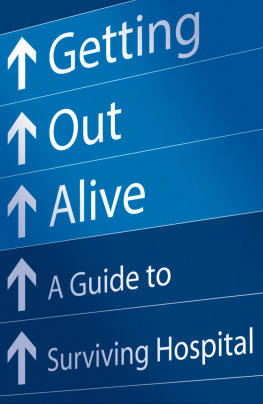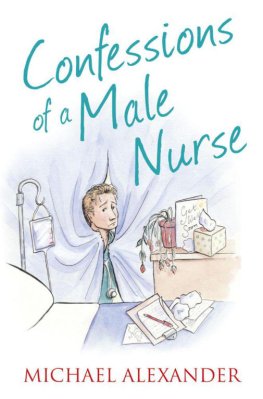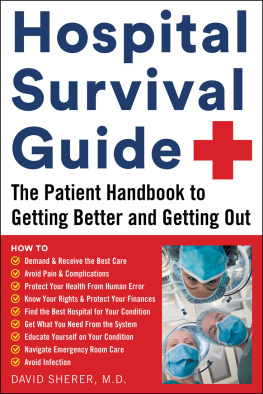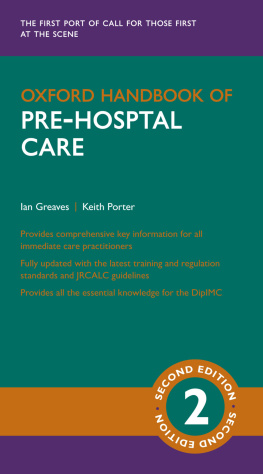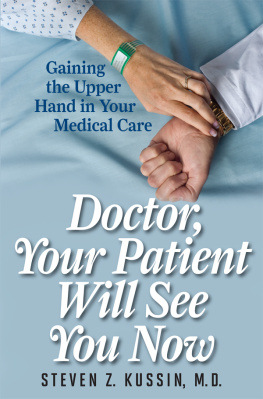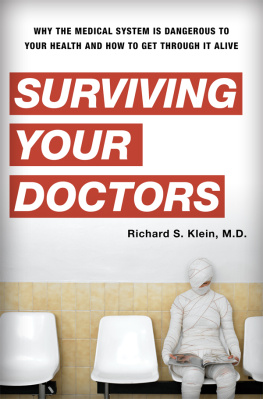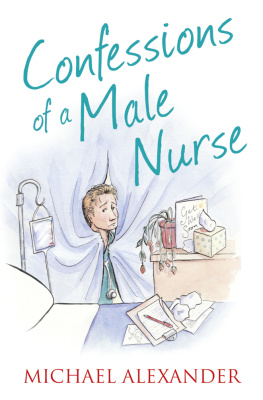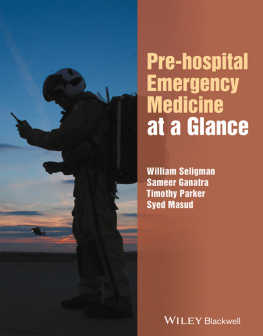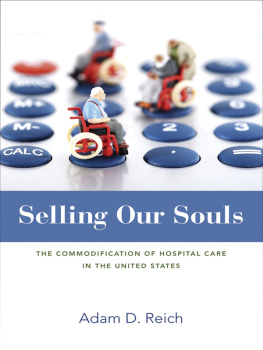You are in need of medical assistance. Maybe youve never needed help yourself before. What are your expectations? The chances are, you expect to enter medical care and be cured.
It may seem strange, but in reality not a lot of curing goes on in hospital. Indeed, trainee nurses and doctors are often told not to expect to do much curing Im afraid, yes, you did read that right.
For all our incredible medical advances, much of our treatment involves treating the symptoms when they flare up, then helping to reduce the chance of them happening again.
For an example, lets look at a common problem like asthma. The medicine for asthma such as inhalers and steroids is used to treat the symptoms. When the symptoms no longer cause distress, patients are given medicine to hopefully help prevent another flare-up of their condition. But they cannot be cured.
Even medical equipment, from intravenous drips to urinary catheters, is used to help the body assist itself in getting better. Take Bob. Bob was a fit forty-year-old man who unexpectedly developed a nasty bout of diarrhoea and vomiting. Normally these afflictions would last between 24 and 48 hours, and resolve on their own. However, in Bobs case, on day three he still was unable to hold down anything solid, and was even struggling to drink water. Bob was admitted to hospital. He was put on a drip, and while he was being rehydrated his blood was tested to rule out bacterial or parasitic causes for his infection. As is often the case, his illness was caused by a virus, but after 24 hours of intravenous fluids he felt much better and was discharged home, without antibiotics. The key thing here is recognising that the drip didnt fix Bobs problem; rehydration didnt cure the virus, all it did was help maintain water levels adequately whilst his body fought off the illness.
Another prime example is Max. Max is recovering after a heart attack. The heart attack caused a part of his heart muscle to have a shortage of blood, and by consequence a shortage of oxygen, for long enough that a portion of the muscle has been damaged, or more accurately, some of the muscle has died. Once a heart attack has occurred, the damage is done; all our medication can do is help prevent another heart attack occurring and help the weakened heart to pump effectively.
But, as I said, there is hope. New treatments are being discovered all the time. In Maxs case, there are now alternatives. Where the problem lies in circulation in the vessels supplying the heart with blood, then theres always open-heart surgery to replace the vessels. I guess thats a cure. It repairs the blockage, but even then it doesnt repair the dead tissue. If you really want a cure for your weakened heart, theres always a heart transplant. Of course, these are pretty drastic cures with their own inherent risks.
I dont want to scare you and I dont want you to begin thinking theres no point going to hospital, as we can still do many wondrous things. The vital point Im trying to make is that you cant always expect medicine to cure your problem, but you can expect it to help you live with your problem. Its your body that does most of the healing. No drug or treatment is as effective as your body when it gets a fair chance at healing itself.
If you think this is an obvious point that I didnt need to make, all I can say is that in all my years of nursing, this is one of the most common misconceptions.
As a Kiwi from one of the largest farming areas of New Zealand, it may seem brave or even foolish of me to start talking about sheep, but there is a story about sheep well worth telling.
I first read the story in a book by the British celebrity vet, James Herriot. He was called in to a farm to see some sheep that were sick. After a thorough examination Herriot turned to the farmer, shaking his head, and explained that there was nothing he could do for them.
While the farmer didnt want to lose his stock, he also didnt want them to suffer. The sheep were too unwell and it was too late in their illness to do anything that might save them.
Herriot knew the sheep were destined for a painful death if left alone. So he did the kind thing and gave each of them a significant dose of sedative, to enable the sheep to drift off to sleep and die peacefully.
Some time later Herriot was called back to the farm to see some other livestock. When he arrived, he noticed some familiar looking sheep. Surprised, he asked the farmer if those were the same animals hed attended to during his last visit.
The farmer replied that they were the very same sheep, which Mr Herriot had seen and cured.
Herriot couldnt believe what he was seeing; he quite rightly believed he had put them to sleep for good.
The farmer explained that the sleep had slept soundly for a long time, a good 48 hours.
Herriot came to realise that by relieving the sheep from pain with the sedative, he had had given their bodies the chance to rest and gather the strength needed to shake off their illness. Their own immune systems just needed a break to get on top of the infection.

